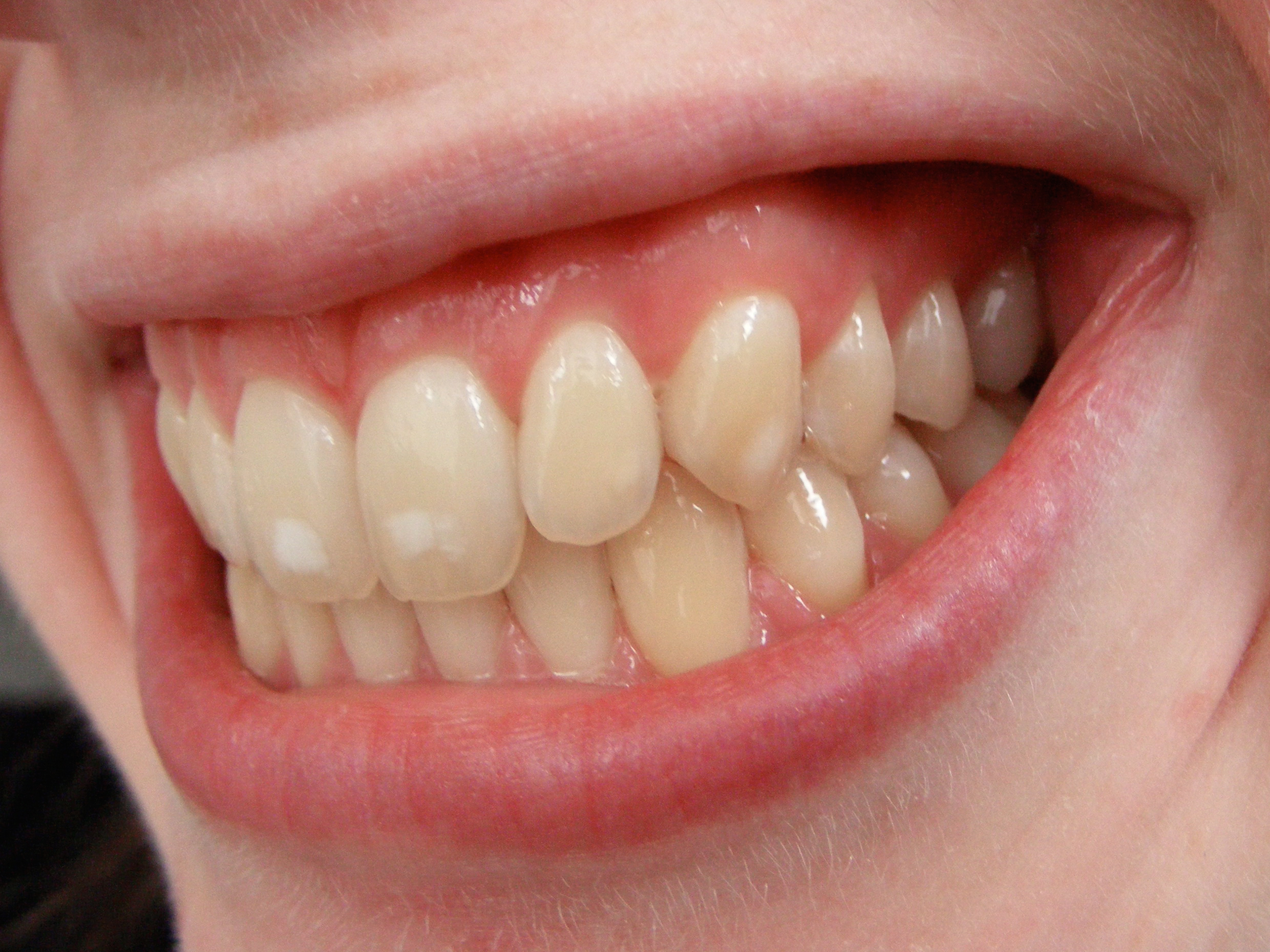Unveiling the Mystery: Understanding and Eliminating White Spots on Teeth
A dazzling smile is often a source of confidence. However, white spots on teeth can detract from that brilliance. These blemishes can be caused by various factors and might raise concerns about aesthetics and oral health. This article explores the reasons behind white spots on teeth, delves into treatment options, and offers preventive strategies for a whiter, healthier smile.
The Culprits Behind the Spots: Understanding White Spots on Teeth
White spots on teeth can arise from several underlying causes:
- Enamel Fluorosis: This is the most common cause of white spots, particularly in children. Exposure to excessive fluoride during tooth development (infancy and childhood) can disrupt enamel formation, leading to white patches or streaks on the teeth.
- Demineralization: Plaque buildup on teeth produces acid that erodes tooth enamel. This initial stage of enamel loss can manifest as white spots before progressing to cavities.
- Trauma: Physical trauma to the tooth, such as a chip or crack, can damage the enamel and cause white spots.
- Braces: While braces effectively straighten teeth, plaque buildup around brackets can lead to demineralization and white spots after braces are removed. Proper oral hygiene during orthodontic treatment is crucial to prevent this.
- Certain Medications: Some medications, like antibiotics used during childhood, can affect tooth development and cause white spots.
Identifying the Cause: Diagnosis and Treatment Options
Consulting a dentist is essential to identify the cause of white spots on your teeth and determine the appropriate treatment. Here’s a breakdown of possible treatment approaches:
- Monitoring: For mild cases of enamel fluorosis or early demineralization, the dentist might recommend monitoring the spots and focusing on a good oral hygiene routine with fluoride toothpaste to promote remineralization.
- Microabrasion: This minimally invasive procedure uses a polishing compound to gently remove the outer layer of enamel, effectively removing the white spots. It’s suitable for superficial white spots caused by enamel fluorosis or mild demineralization.
- Resin Infiltration: For deeper white spots, a dentist might recommend resin infiltration. A special resin is applied to the teeth, infiltrating the enamel and masking the white spots.
- Teeth Whitening: While not a direct treatment for white spots, teeth whitening can sometimes improve their appearance by lightening the overall tooth color and making the white spots less noticeable. However, it’s important to consult with your dentist to determine if whitening is suitable for your specific case.
- Veneers: In severe cases of white spots that significantly affect aesthetics, porcelain veneers can be bonded to the front surface of the teeth, masking the white spots entirely.
Important Note: The best treatment option depends on the cause and severity of the white spots. Consult with your dentist to determine the most suitable approach for your situation.
Prevention is Key: Strategies for a Spotless Smile
Here are some steps you can take to prevent white spots on your teeth:
- Practice Good Oral Hygiene: Brushing twice daily with fluoride toothpaste and flossing once a day removes plaque buildup, the primary culprit behind demineralization.
- Maintain a Balanced Diet: Limit sugary foods and drinks that contribute to plaque formation.
- Fluoride is Your Friend: Fluoride strengthens tooth enamel. Use fluoridated toothpaste and discuss the possibility of supplemental fluoride with your dentist, especially for children.
- Regular Dental Checkups: Schedule regular dental checkups for cleanings and professional fluoride treatments to prevent enamel erosion and detect any early signs of white spots.
- Braces Care: If you have braces, meticulously clean your teeth around the brackets to prevent plaque buildup and potential white spots after removal.
Frequently Asked Questions: Demystifying White Spots on Teeth
Q: Are white spots on teeth permanent?
A: The permanence of white spots depends on the cause. Mild cases of enamel fluorosis or early demineralization might improve with proper oral hygiene and fluoride use. However, deeper white spots might require treatment from a dentist.
Q: Can I remove white spots on teeth at home?
A: Unfortunately, there aren’t any proven home remedies for removing white spots effectively. Over-the-counter whitening products might not address the underlying cause and could even damage your teeth. Consult a dentist for proper diagnosis and treatment.
Q: Should I be worried about white spots on my teeth?
A: While white spots themselves might not be a major cause for concern, they can indicate underlying issues like enamel erosion or dental decay. Consulting a dentist for diagnosis is crucial to ensure your oral health and achieve a healthy, white smile.

